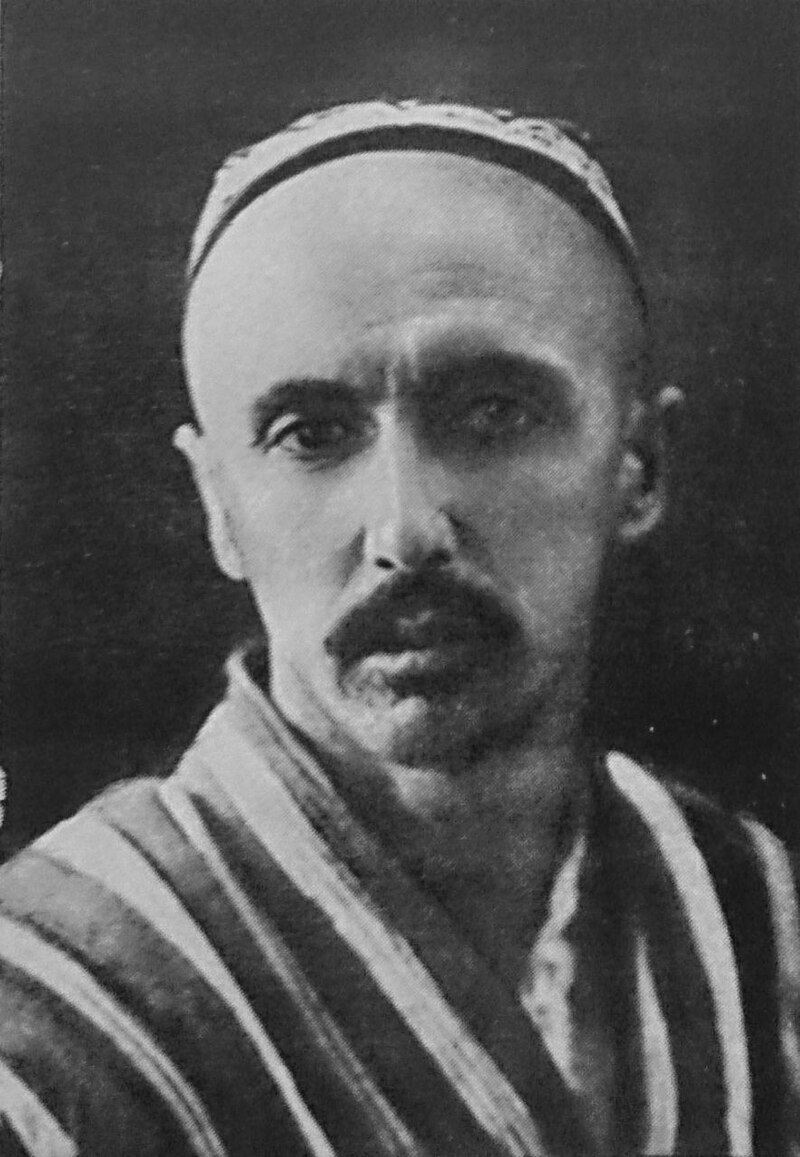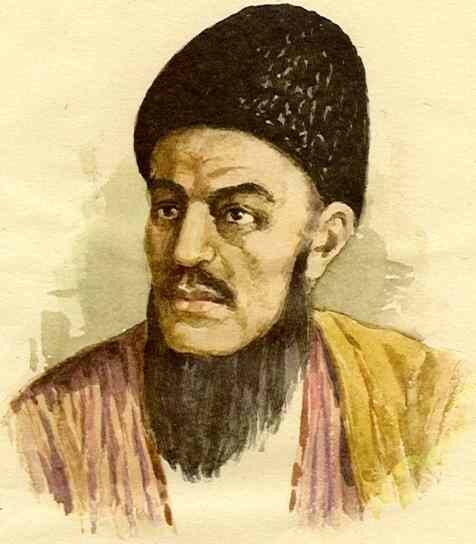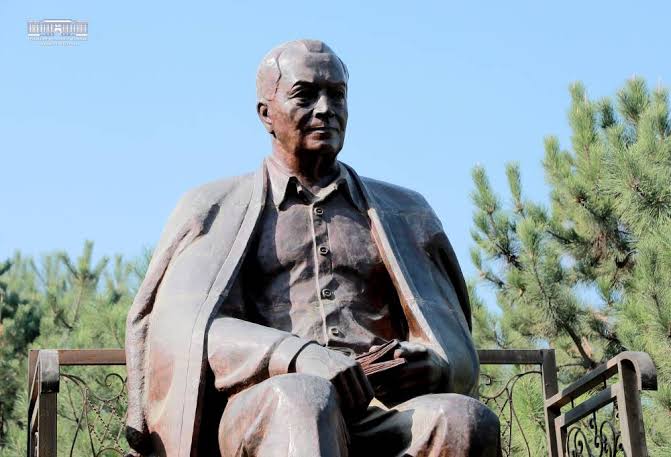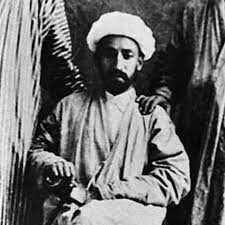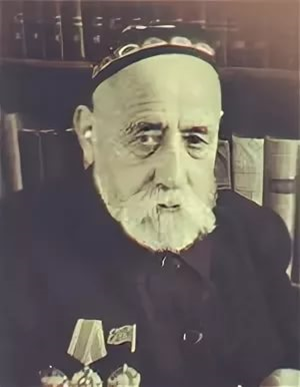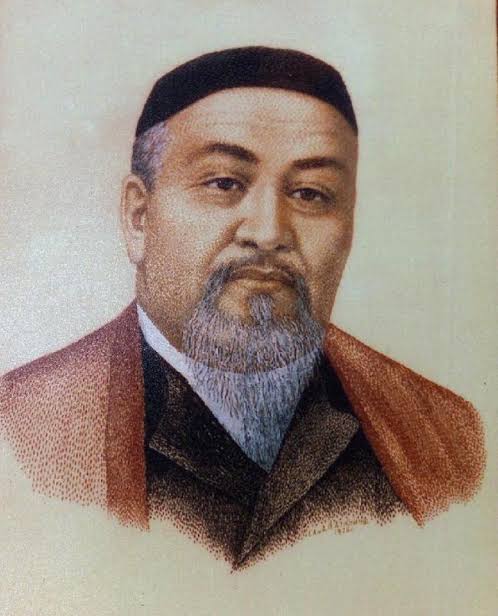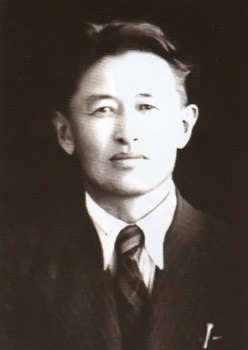Hamza Hakimzoda Niyozi (1889-1929)
Hamza Hakimzoda Niyozi, though a prolific author in his own right, is arguably most important for his contributions to Uzbek society through the foundations he set for Uzbek theater, modern Uzbek music, and Uzbek social realism.
Niyozi spent most of his life dedicated to social change. He was a political activist, and advocated for education and literacy programs all over his country. He also established many orphanages and secular schools, which were rare in Uzbekistan at the time. His writing also served as a form of activism, cautioning people to be wary of the corruption of religion and to uphold women’s rights and workers’ rights.
Niyozi was born to a wealthy and devout Muslim family. He attended a madrassa and was brought up with a Muslim education, which shaped his later views about religion and how Islam was being used to exploit the lower class in Uzbekistan. He is well-known for trying to remove a fake shrine to Ali in Shohimardon, an act which was called blasphemous at the time but in fact was because he saw the local elite effectively extorting the peasants to pay “alms” to the shrine. Niyozi felt strongly about showing people that their religion was being used against them, which made him very unpopular with the local governments. Though people in his time called him anti-Islamic and anti-Uzbek, historians reflecting on his actions see that many of the policies and customs he aimed to abolish were practices that did not actually have roots in Islam.
Niyozi founded secular schools for children to teach them to read for free, but these schools often got shut down by the local government who claimed he was spreading atheism. Niyozi also held campaigns to stop violence against women and to stop falsely using religion as a means for domestic violence. These concepts were far ahead of his time, but despite the evident lack of support Niyozi continued.
Many people claim Niyozi was anti-religion, but perhaps they have not read his work. Though Niyozi himself was an atheist, he clearly expressed that he didn’t think religion itself was the cause of the social issues he fought against. In his book, “New Happiness”, he praises education through a lens of Jadid philosophy. The Jadid movement was a group of Turkic Muslims that believed in mixing Islamic beliefs and morals with modern lifestyles. In Niyozi’s book he explicitly says that religion is not the reason for a lack of education, rather a lack of modern schools is the reason.
In other works like “Poisonous Life or The Victims of Love”, and “The Bey and The Servant”, Niyozi writes about the danger of adhering to outdated social structures and the benefit of allowing people to live in a society without feudalism. In his famous poem, “Tursunoy Marsiyasi”, Niyozi talks about the honor killing of Uzbek singer Tursunoy Saidazimova and how society cannot continue to marginalize minority groups like women.
In addition to his obviously political work, Niyozi wrote many folk songs, keeping to Central Asian traditions of transmitting stories through music.
Through his bold political and social activism and his powerful writing, Niyozi’s legacy serves as a reminder to be a free thinker and always question societal norms that hurt other people.
